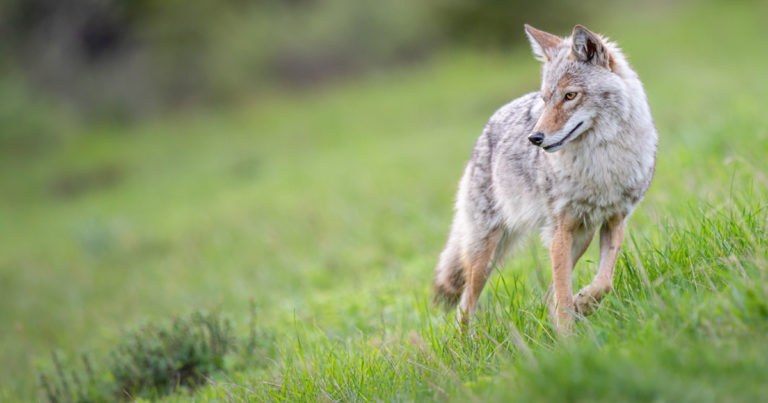
How the media can help solve human conflict with wildlife
Updating terminology, contacting experts not responders, can help people coexist with native wildlife.

Updating terminology, contacting experts not responders, can help people coexist with native wildlife.
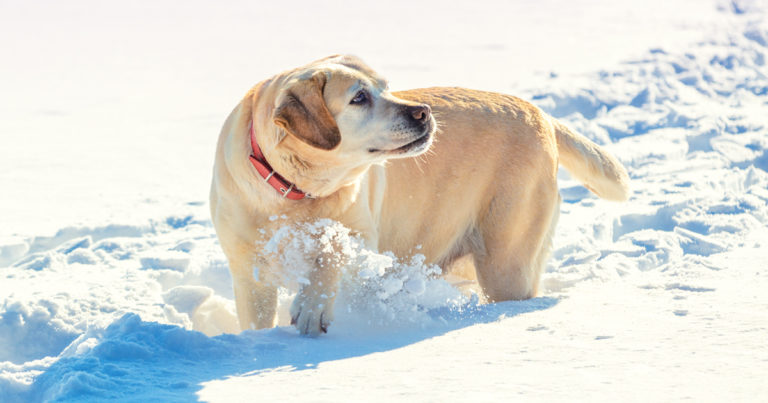
Pets and wildlife can coexist, too, staring with these tips for your community!
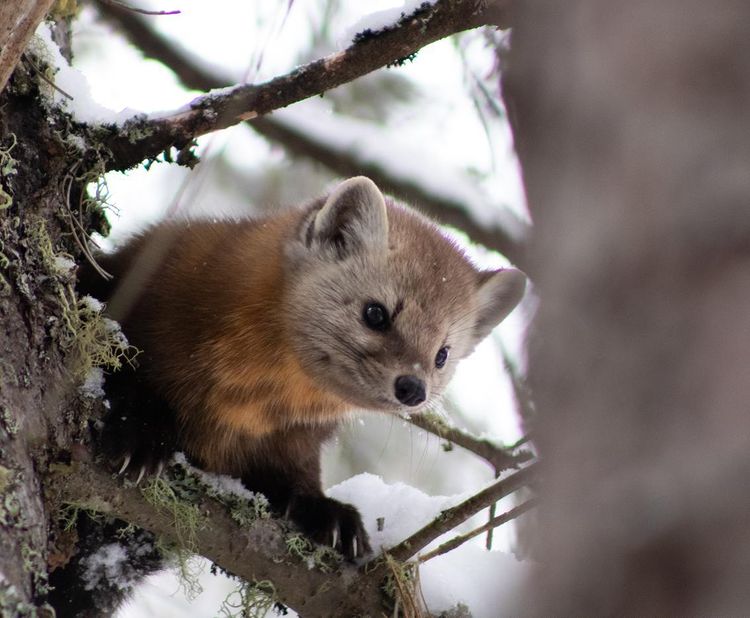
Check out a few of our favourite submissions from our recent photo contest giveaway!
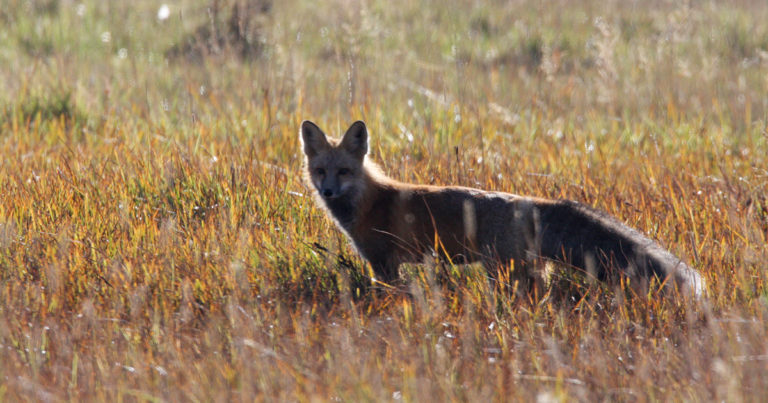
Human action vastly changes the behaviour and actions of wildlife, putting them at risk.
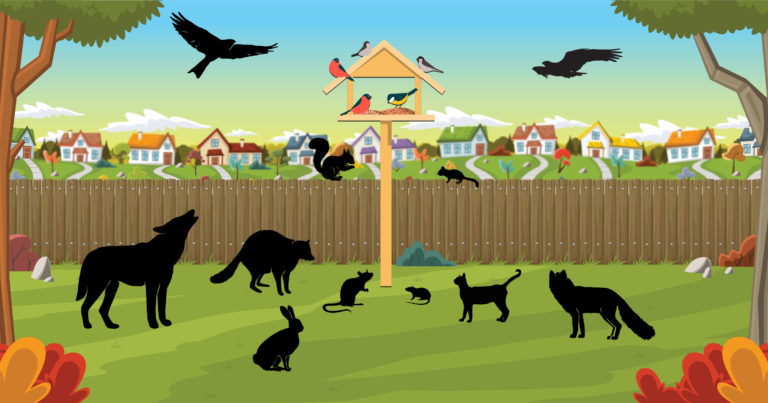
Bird feeders aren’t inherently bad, but when other wildlife gets involved, they can be a source of conflict.
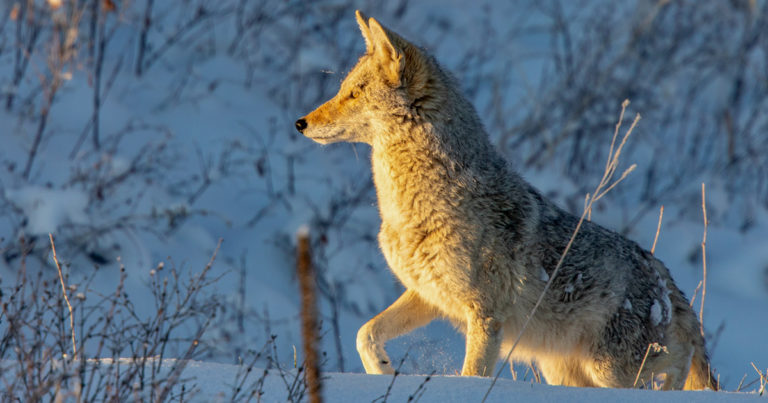
Could a culture of fear founded in media sensationalism detract from coexistence efforts?
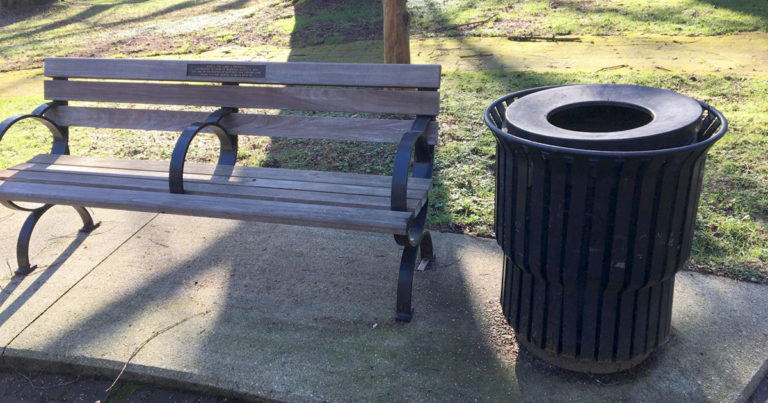
Conflict with coyotes in Stanley Park will continue unless signs, feeding are addressed, and enforcement begins.
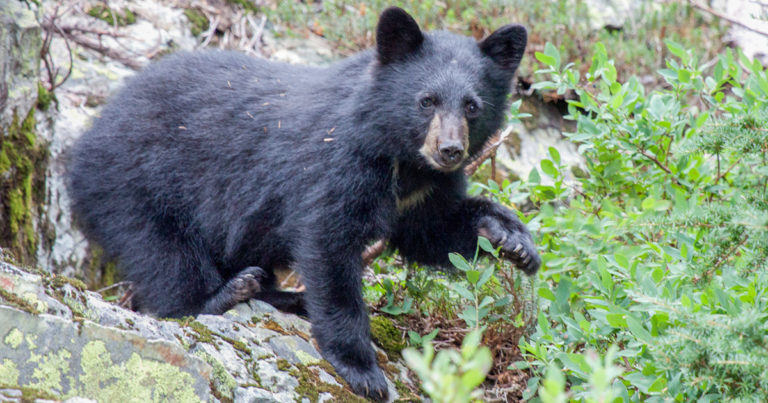
The Conservation Officer Service has built a reputation for killing wildlife and that will take time and good policy to overcome.
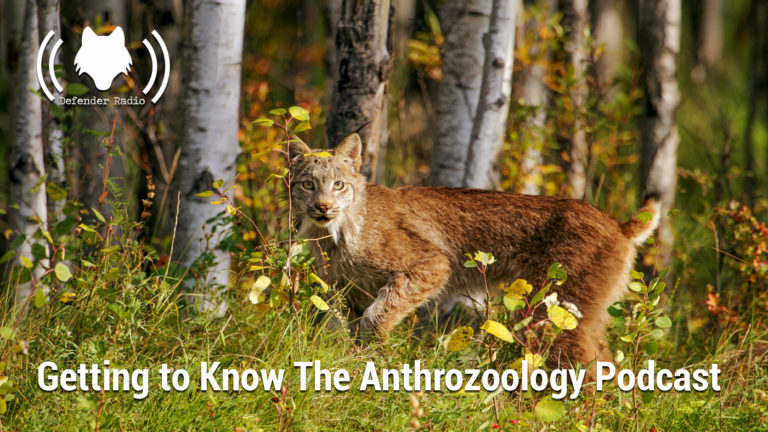
Anthrozoology is a flourishing field of study and there’s a podcast featuring three up-and-comers that you’re going to love! Hear more from the creators on our own podcast – then check out theirs!
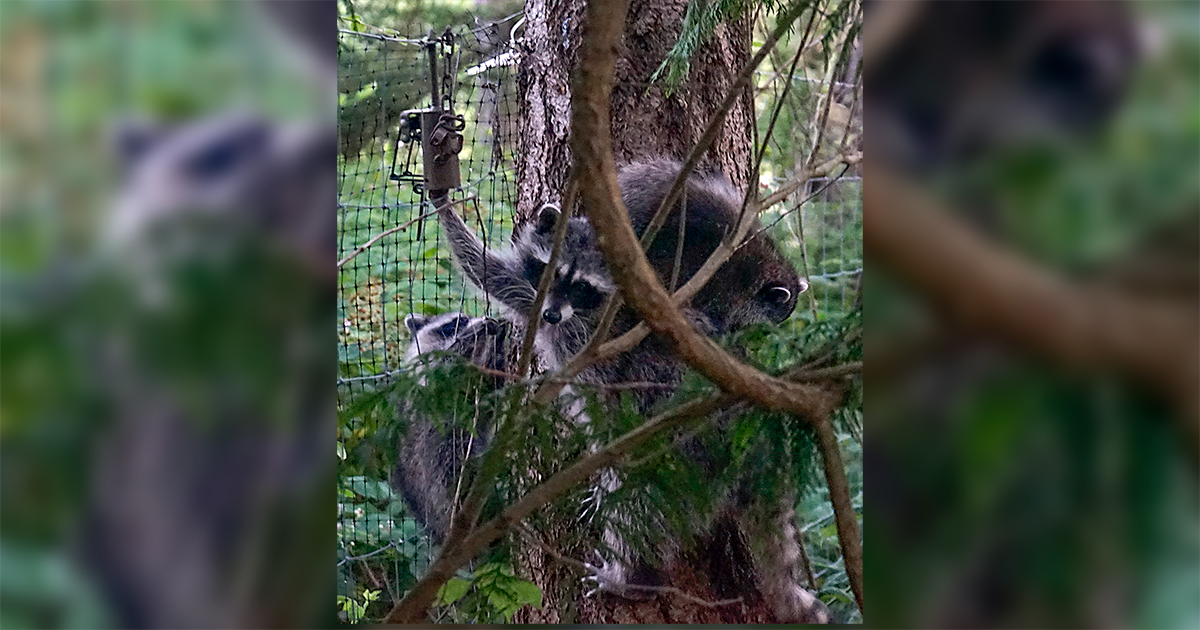
Our fight against trapping in British Columbia and across Canada is picking up again. The animals need your help.
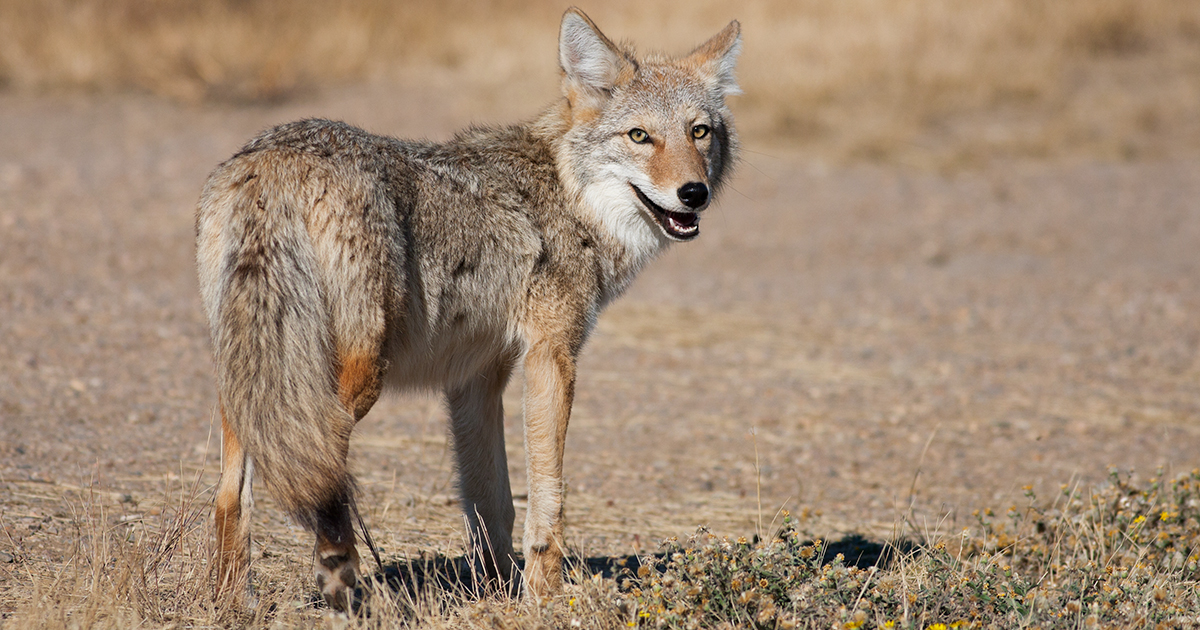
Dozens of department stores will phase out all fur by 2021, luxury store announces with HSUS.
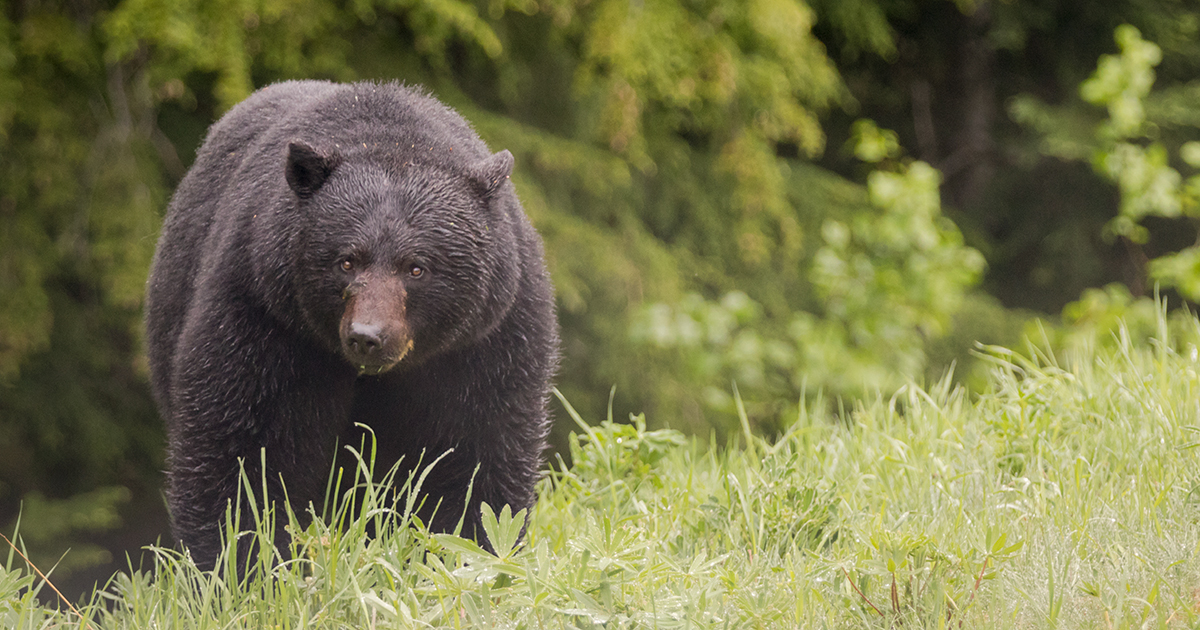
The Fur-Bearers’ quick guide to the fall provincial election in British Columbia.
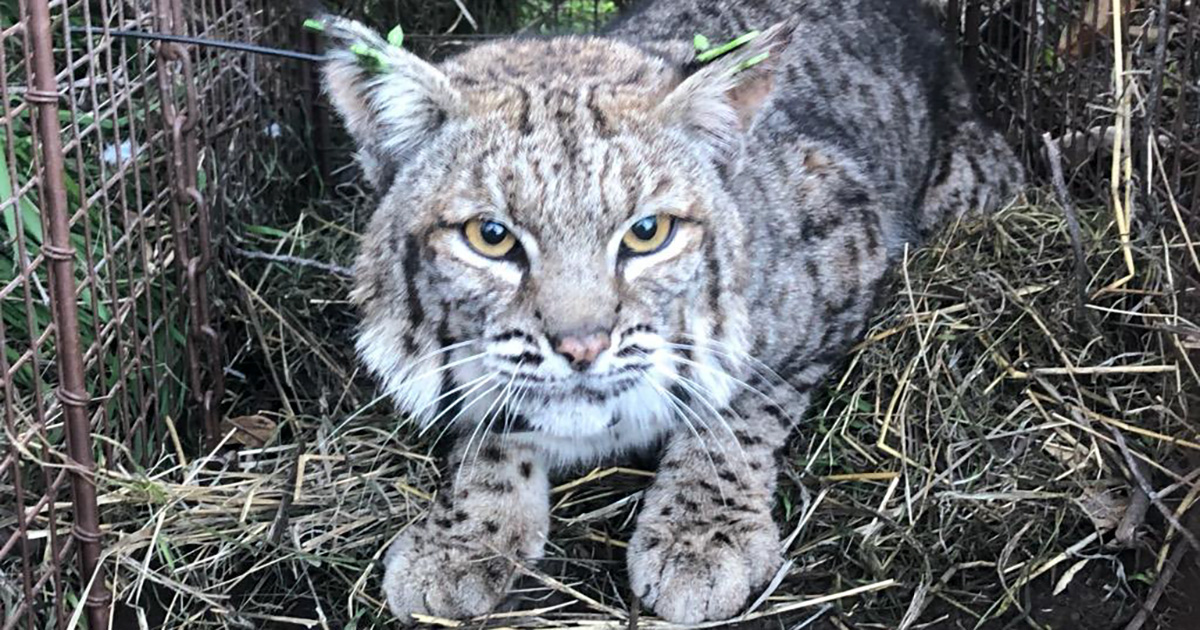
A bobcat and a mountain lion have both died directly from the effects of anticoagulant rat poisons.

Fruit can attract wildlife in conflict areas, so The Fur-Bearers are celebrating ways to use that food!
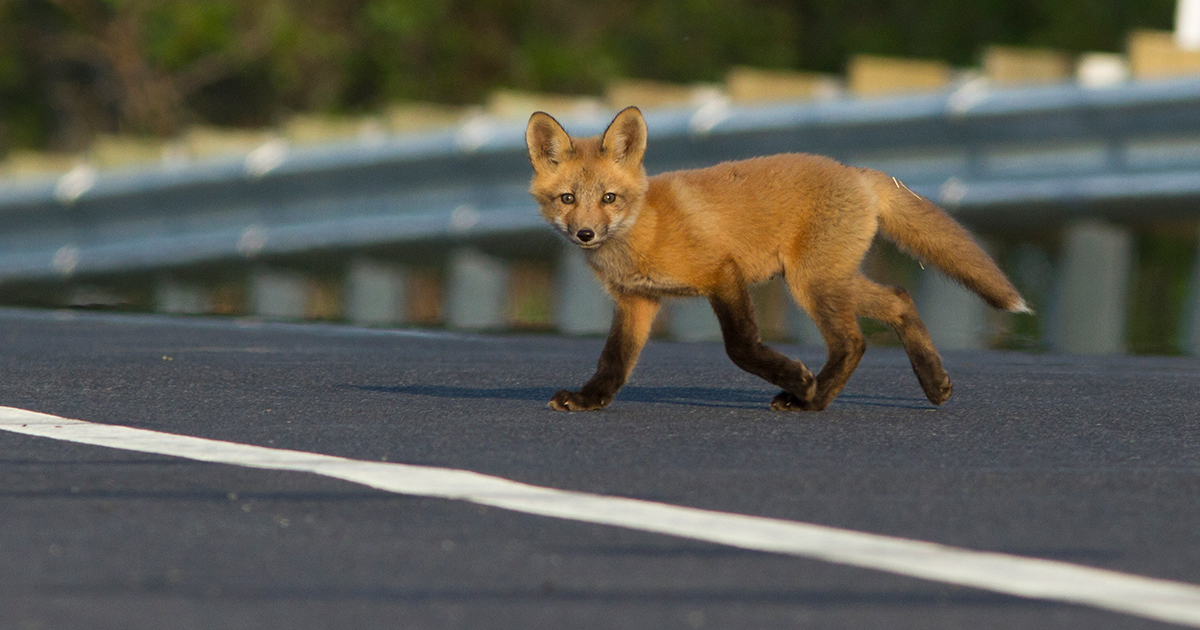
Three things you can do to make the transition easier for animals and teach your community about wildlife!
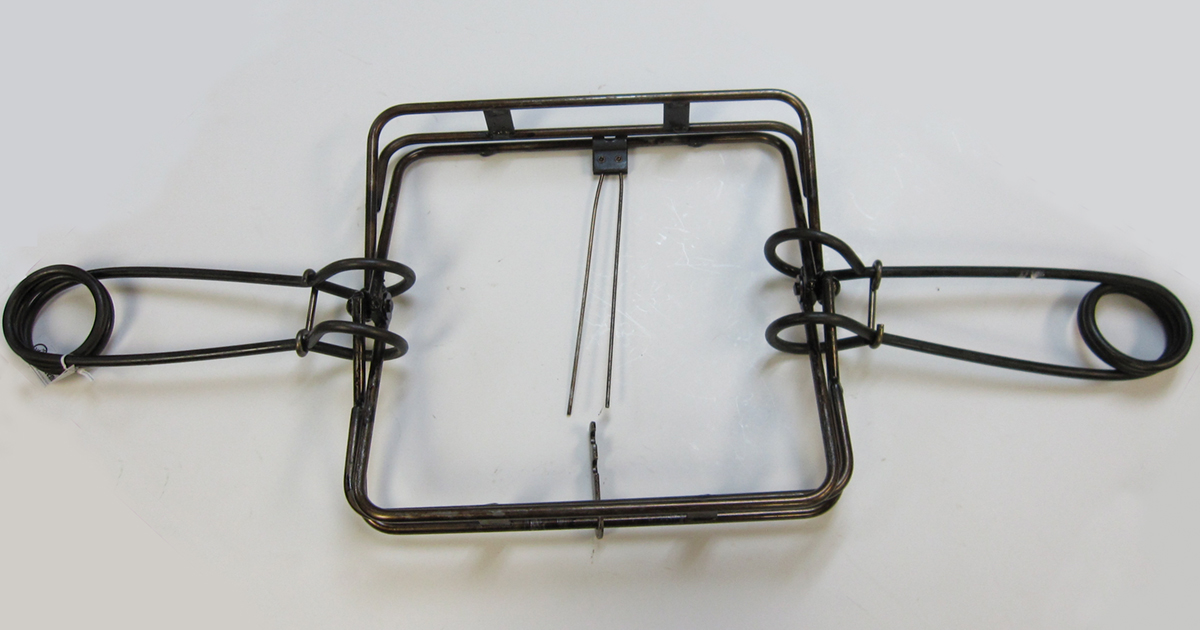
Similar incident inspired long-time director George Clements to get involved with The Fur-Bearers.
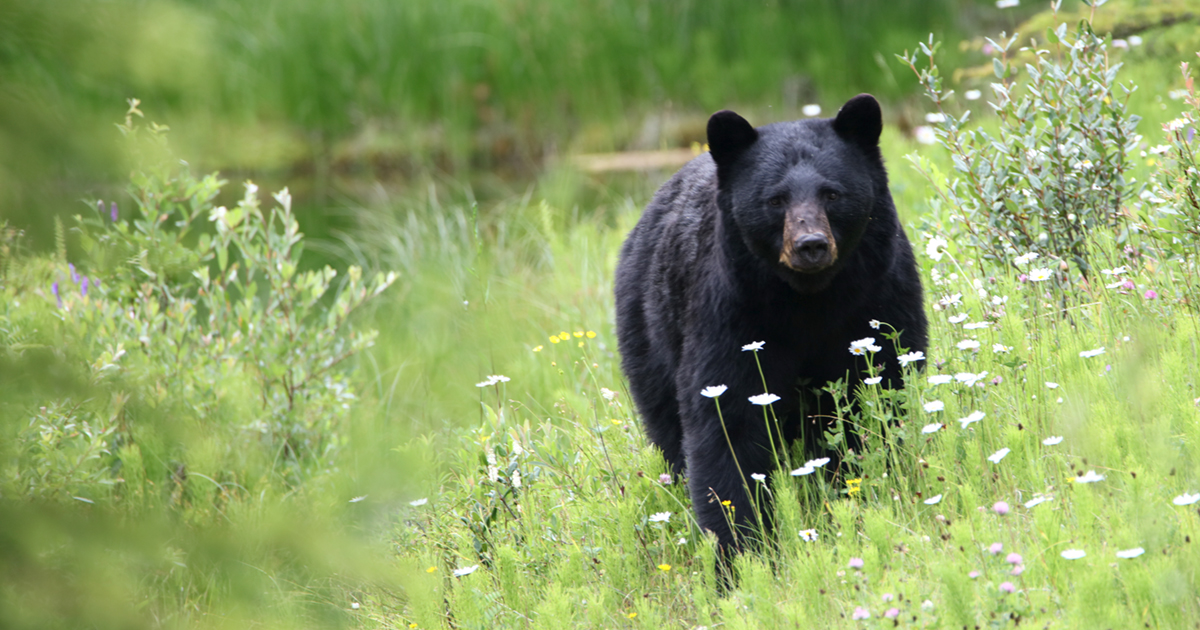
We've spent $3,856trying to get government documents through Freedom of Information requests in recent years. Freedom of Information (FOI) requests give us access to records
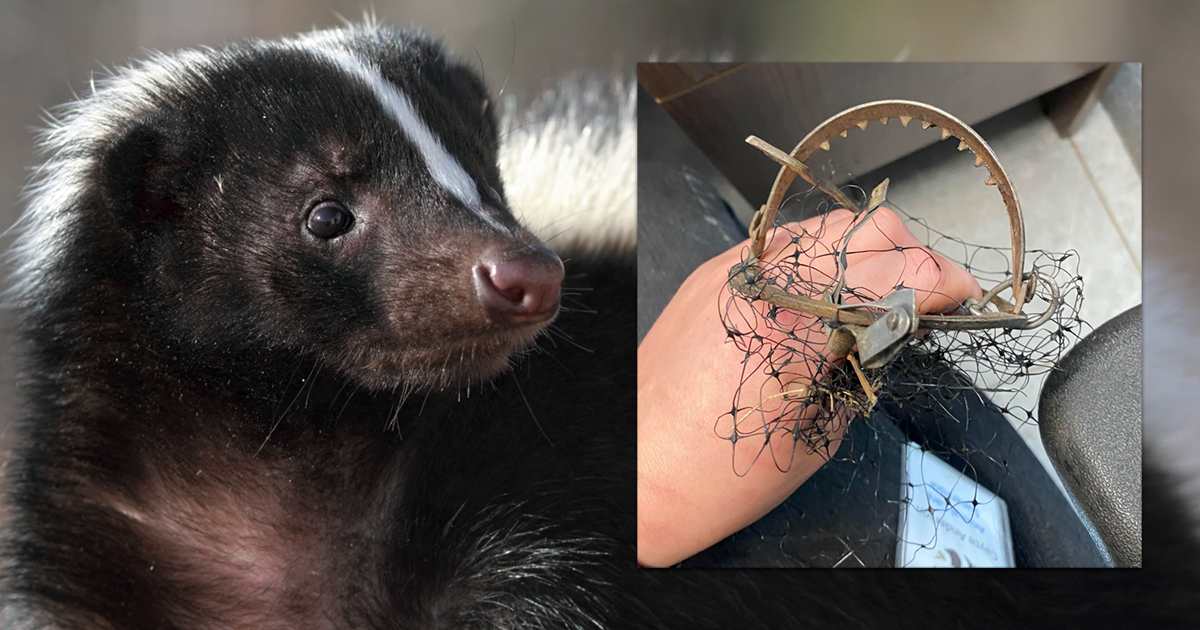
NO GRAPHIC IMAGES: A skunk injured by an illegal trap was humanely euthanized by wildlife rehabilitators.
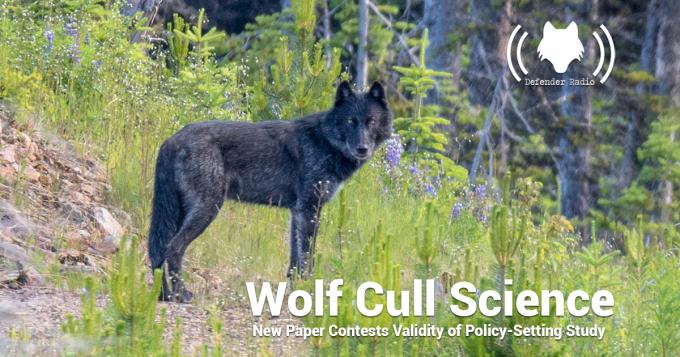
A new paper contests the policy-setting study that led British Columbia down the path of killing hundreds of wolves in a cull. Amelia Porter, one of The Fur-Bearers' science advisors, joined Defender Radio to explore both studies and what the updated information could mean.
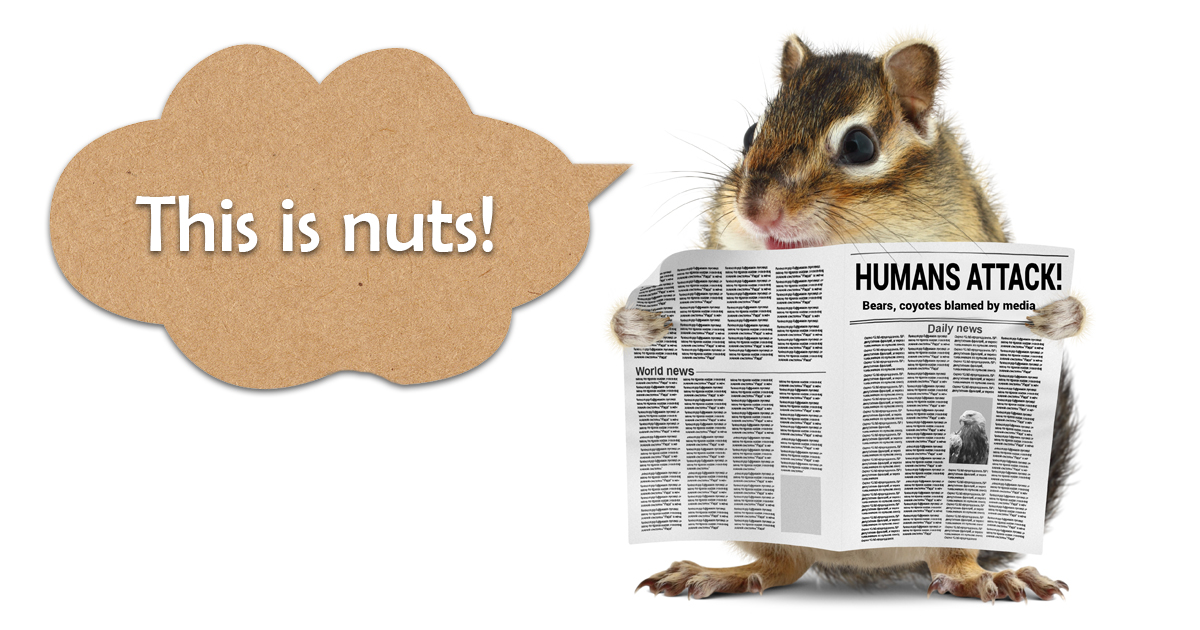
The headlines often say bear or coyote attack, but the stories themselves reveal that humans and dogs instigated conflicts.

Jason Motz has joined The Fur-Bearers and Young Defenders as a volunteer writer. We can't wait to read more!
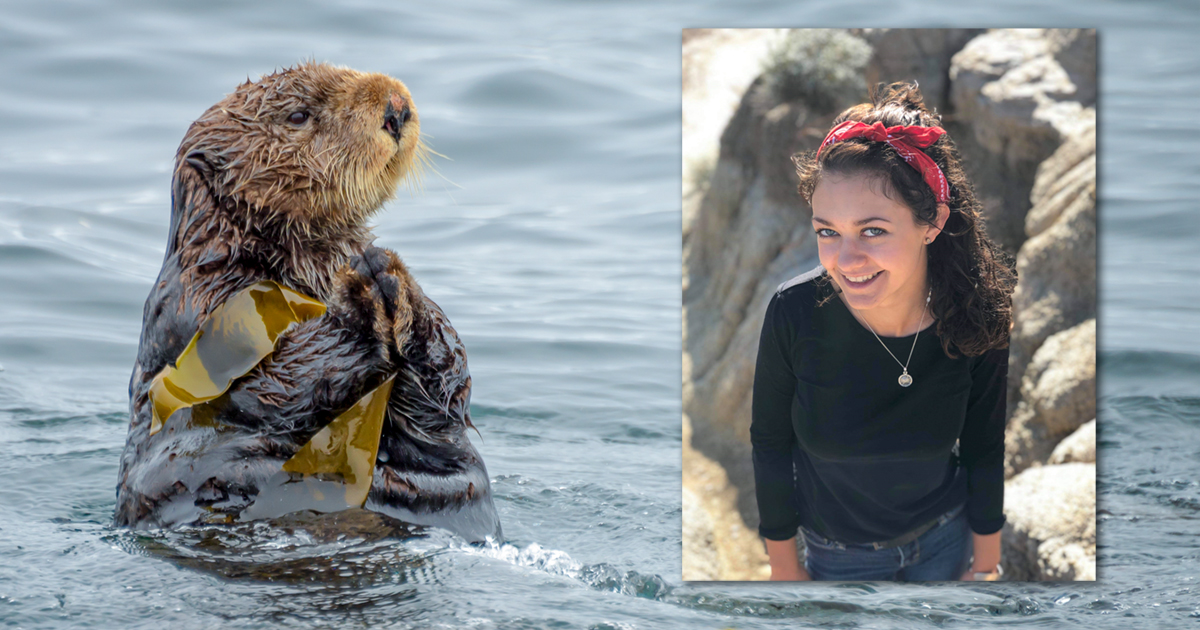
Join us in welcoming Megan Deak to the volunteer writing team!
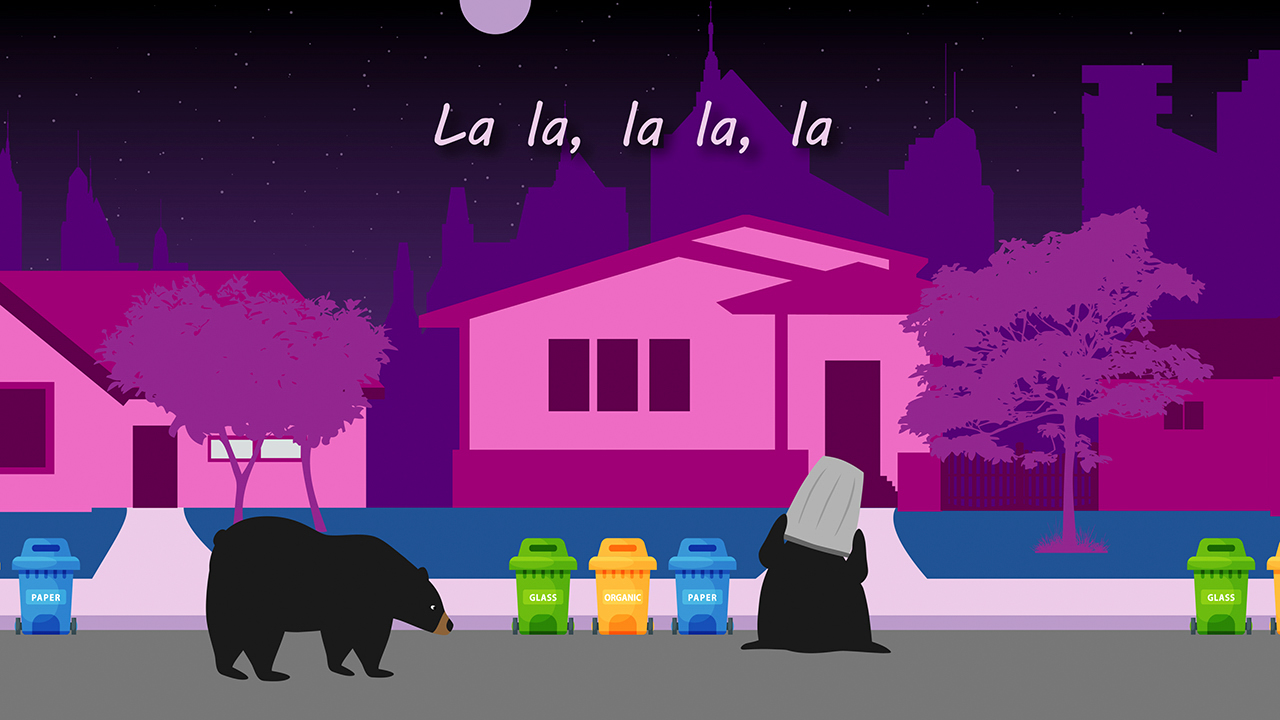
Will your trash bring all the bears to the yard? We hope not!
Formed in 1953, The Fur-Bearers (The Association for the Protection of Fur-Bearing Animals) is a registered Canadian charity that protects fur-bearing animals through conservation, advocacy, research, and education. Your donation is tax-deductible. Charitable registration number: 130006125RR0002